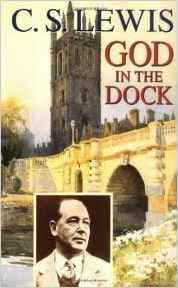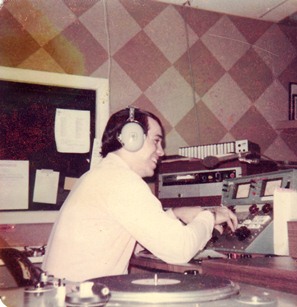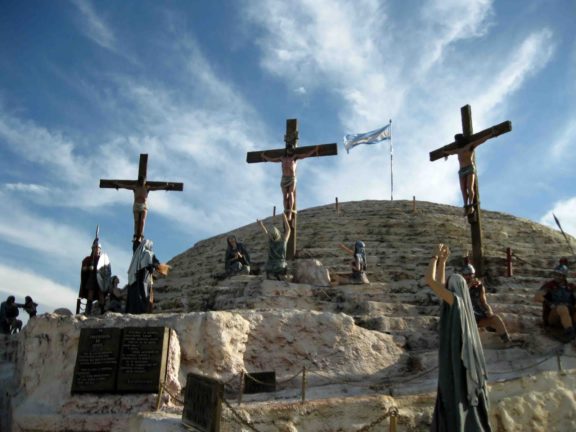This Is the Most Important Issue
Most who have read any C. S. Lewis at all are familiar with his oft-quoted Liar-Lunatic-God “trilemma” in Mere Christianity. It exposes the false notion that Jesus can be a great moral teacher while at the same claiming to be God. In a short essay entitled “What Are We to Make of Jesus Christ,” found in God in the Dock, Lewis addresses that subject again, but from a different angle. He begins by showing that Jesus does offer “clear, definite… Read more »







